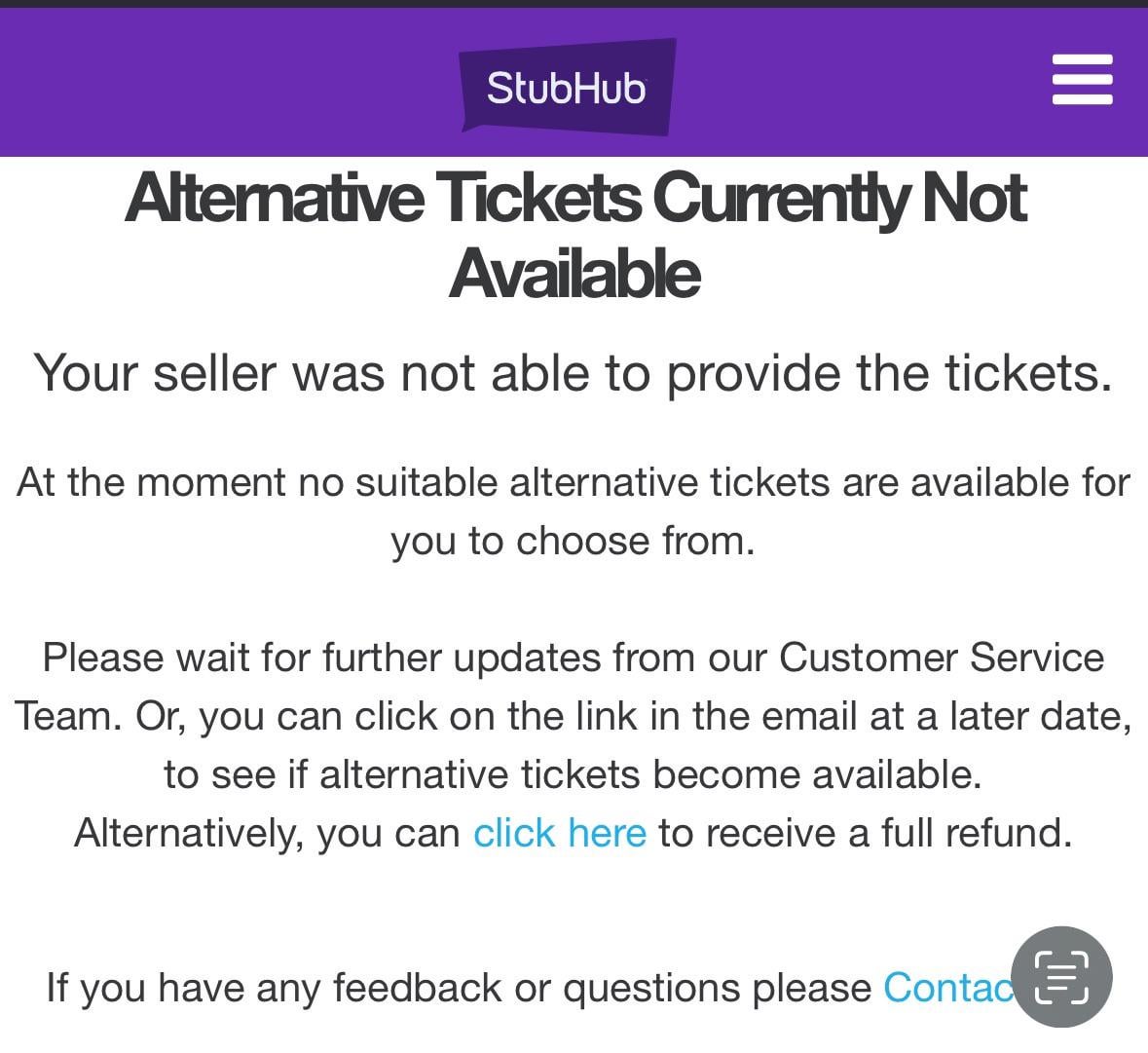You know, people always ask if those huge resale sites, StubHub, SeatGeek, whatever—are they really 100% legit? Especially when you’re talking about something like the World Cup. These aren’t $50 baseball tickets. We’re talking about rent money for a single seat, sometimes two or three times over. You buy that stuff, and you are banking your whole trip on the fact that if it goes sideways, the site has your back.

I didn’t just read the policy; I had to live it. I traveled to the last World Cup, booked flights, hotels, the whole shebang. I managed to snag tickets for a critical knockout match through StubHub. I remember hitting that ‘Buy’ button and watching nearly five grand vanish. The seller was some guy with zero reviews, and my gut instantly tightened. I went with it because I kept whispering, “StubHub guarantee, StubHub guarantee.”
The Purchase and the Immediate Red Flags
I pulled the trigger about three months out. The promised ticket delivery window was T-minus 7 days until the match. Everything was fine until we hit T-minus 4 days, and the tickets hadn’t moved. The seller hadn’t transferred them via the official ticketing app. I checked the order status every hour. Nothing.
I started digging into their official Buyer Protection Policy (BPP) then, not casually, but desperately, reading every single clause. The policy basically says two things:
- If your tickets are invalid or never arrive, StubHub will try to find you comparable or better replacement tickets.
- If they can’t find replacements, you get a full refund, plus a credit for a future purchase.
It sounds simple, right? Like a safety net. It felt more like a flimsy hammock when I was 4,000 miles from home, staring at an empty ticket screen.
Invoking the StubHub Buyer Protection Policy
At T-minus 72 hours, I jumped on the phone. I didn’t mess with the chat bot. I found the number, waited on hold for 45 minutes, and finally got connected to an agent. That’s when the practice started—I was forcing them to adhere to their own rules.

I spelled out the issue: order number XXXXXX, delivery pending, date passed, seller AWOL. The agent, bless her heart, immediately opened a case. This is the official trigger point for the BPP. She explained that first, they have to contact the seller and give them a short window—usually 24 hours for events this urgent—to deliver the tickets.
I hated that wait. Every minute was a potential flight home without seeing the match. That 24 hours dragged on like a week. The seller didn’t respond. This is where StubHub steps in and says, “Okay, the original contract is dead.”
The Test: Replacement vs. Refund
The next morning, I called them back immediately. They confirmed the seller was a dud. Now, the guarantee kicks in for real. I pushed hard for replacement tickets. I didn’t want the money back yet; I wanted to see the game.
The agent pulled up inventory. Because it was a World Cup knockout match, there were basically no comparable tickets available at the price I had originally paid. The only tickets left were corporate hospitality boxes that cost double my original purchase. The policy says “comparable or better.” They offered me replacement tickets that were in the nosebleeds, significantly worse seats than I bought.
I refused that offer. I quoted their own policy back to them: “comparable or better.” My seats were midfield lower bowl. These were corner flags, way up high. It felt like they were trying to lowball me hoping I’d just take it to see the match.

I stood my ground. I told them fine, if you cannot provide a reasonable replacement, you must initiate the full refund as stipulated in the policy. They argued slightly about the definition of “comparable,” but I kept hammering them on the promise of 100% legitimacy.
The Outcome and the Cost of Trust
Eventually, the supervisor stepped in and agreed. They processed the refund. It wasn’t just the five grand; they added a 15% credit for future use, exactly as the policy states when they fail to provide adequate service or replacement tickets.
The money showed up in my bank account three business days later. Yes, the policy worked 100%. Was the ticket legitimate? No. Did they force the refund guarantee? Yes, absolutely. But it came at a massive cost of emotional energy and time I could have spent enjoying the trip.
Why was I so intense about every penny and every promise? Because losing five grand wouldn’t just be annoying; it would have been catastrophic. I had just liquidated some stock holdings—my emergency fund, basically—because my wife was forced into a layoff right when we needed that cash the most. She worked for a terrible outfit that pulled the rug out from under her with zero notice, claiming “restructuring” right after she finished a huge project for them.
I had to move that money around just to cover the initial World Cup tickets because this was supposed to be a celebratory distraction before the real financial stress hit us. That’s why, when the StubHub tickets failed, I went nuclear. It wasn’t just about a football match; it was about ensuring that five grand made it back into our emergency savings where it belonged.

So, are the tickets guaranteed 100% legitimate? No. Scammers still list stuff. But is the policy guaranteed to protect your money 100%? Yes, if you force them to follow their own rules, you’ll get your money back. But you’d better be prepared for a fight.
